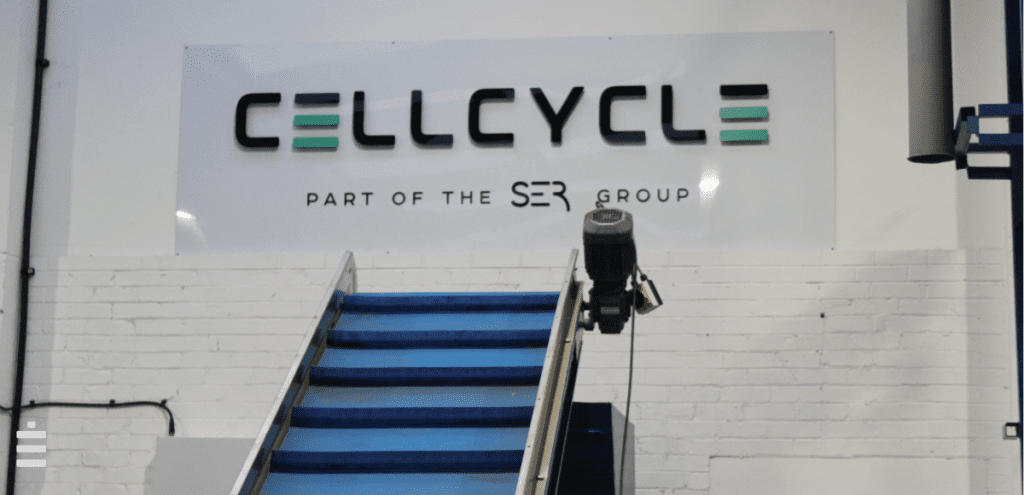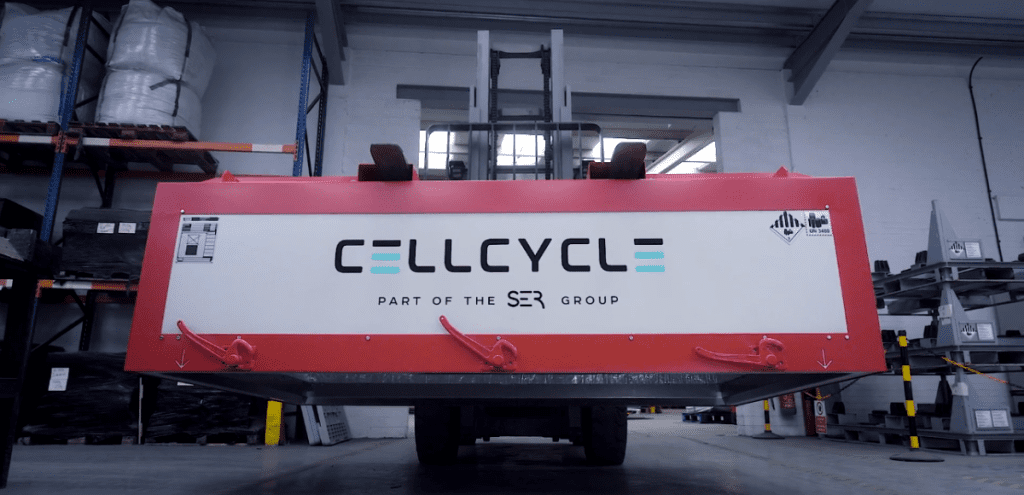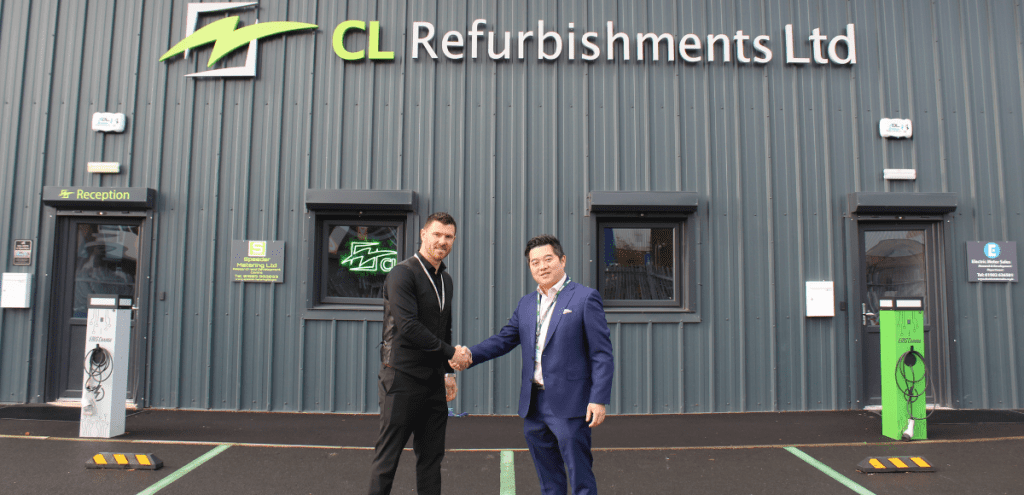The Need for a Comprehensive Recycling Route
The UK’s growing reliance on electric vehicles (EVs) and energy storage solutions necessitates a robust recycling framework. Presently, the country lacks the capability to refine and recycle critical materials like cobalt, nickel, lithium, and manganese from end-of-life batteries. This gap in infrastructure poses a risk to the sustainability and economic viability of the EV and energy storage industries. Establishing a complete battery material recycling route is vital to ensure the continuous supply of these valuable metals, reducing the dependency on foreign sources, and enhancing the circular economy.
Cellcycle’s Innovative Recycling Technology
Cellcycle’s state-of-the-art recycling process leverages advanced technologies to fully recycle used lithium-ion batteries efficiently. One of the standout innovations is the development of Bio-based process, a method that uses biological agents to extract valuable metals from battery material.
This environmentally friendly technique not only reduces the environmental impact of traditional recycling methods but also maximises the recovery of critical materials. While the specifics of the Bio-based process are proprietary, it represents a significant advancement in sustainable battery recycling.
Economic and Environmental Benefits
By establishing one of the first industrial-scale lithium-ion battery recycling plant in the UK, Cellcycle aims to create a sustainable loop of battery production and recycling. This facility will play a crucial role in managing the lifecycle of vehicle batteries, ensuring that the materials used in their production are continually recycled and reused. This not only conserves natural resources but also reduces the environmental footprint associated with mining and raw material extraction.
Moreover, at Cellcycle, we believe this will produce economic benefits such as employment opportunities. It will also position the UK as a leader in the global battery recycling market, attracting investments and fostering innovation in the sector.
Commitment to the Circular Economy
Cellcycle’s initiative aligns with the principles of the circular economy, which emphasise the importance of reusing and recycling materials to minimise waste. By processing retired lithium-ion batteries, we will will help create a closed-loop system where the materials recovered are reintroduced into the manufacturing cycle. This approach not only supports environmental sustainability but also enhances the security of raw material supply chains.
Conclusion
By establishing one of the UK’s first industrial-scale lithium-ion sustainable battery recycling processes, we mark a significant milestone in the country’s journey towards sustainable energy solutions.
By addressing the critical need for efficient recycling routes and leveraging innovative Bio-based technologies, Cellcycle is not only enhancing the recycling process but also contributing to the UK’s net zero strategy and the government’s electrification initiatives. We believe this pioneering venture is set to redefine the future of battery recycling in the UK, ensuring a more sustainable and resilient supply chain for valuable metals essential to the EV and energy storage industries.


